Why Does My Dog Smell So Bad?
Is your once-fresh-scented canine companion leaving an unpleasant odor in their wake? Many pet owners find themselves wondering why their beloved pups emit a peculiar stench, leaving them seeking solutions to restore their furry friends’ pleasant aroma. This comprehensive guide delves into the underlying causes of canine odor and provides effective strategies to eliminate the problem, ensuring a harmonious and fragrant bond between you and your pet.
1. Understanding the Causes of Canine Odor
Decoding the enigma of your dog’s unpleasant odor requires an exploration of its underlying causes. To effectively combat the problem, it’s essential to pinpoint the culprit.
1.1 Common Reasons for Smelly Dogs
- Lack of Hygiene: Poor grooming practices, such as infrequent bathing and brushing, can allow dirt, debris, and bacteria to accumulate, resulting in an unpleasant odor.
- Skin Conditions: Skin infections, allergies, and other dermatological issues can cause inflammation and discharge, leading to a distinctive odor.
- Dental Problems: Dental plaque and tartar buildup can create an unpleasant smell from the mouth.
- Ear Infections: Bacteria or yeast overgrowth in the ear canal can produce a foul odor.
1.2 Bacterial and Fungal Infections
When bacteria or fungi invade the skin or other body parts, they produce byproducts that release an unpleasant odor. Common bacterial infections in dogs include pyoderma and staphylococcal infections, while yeast infections are often caused by Malassezia pachydermatis.
1.3 Allergies and Skin Conditions
Allergies to environmental allergens, such as pollen, dust mites, and certain foods, can trigger skin inflammation and irritation, leading to excess oil production and a musty odor. Similarly, skin conditions like eczema and seborrhea can cause excessive skin shedding and produce an unpleasant stench.
1.4 Improper Grooming and Hygiene
Regular bathing, brushing, and nail trimming are essential aspects of canine hygiene. Neglecting these grooming routines allows dirt, loose hair, and bacteria to accumulate, creating an environment conducive to unpleasant odors.
The #1 Free Source for Pitbull & Bully Pedigrees!
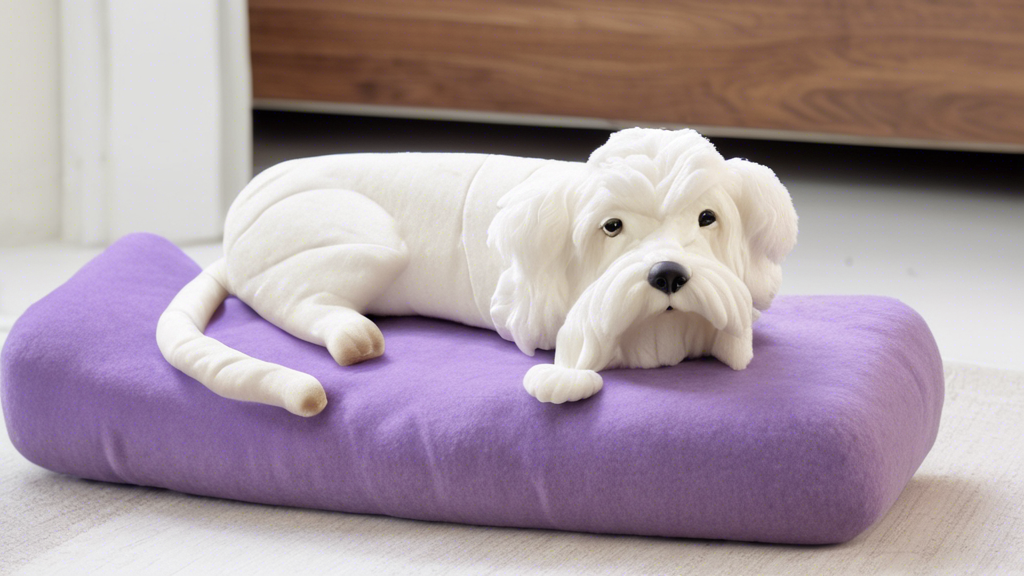
Effective Odor Control Strategies
Combating canine odor requires a multifaceted approach that addresses both the underlying causes and external factors that contribute to the problem. Here are several effective odor control strategies to consider:
Maintaining Regular Grooming Routines
Regular grooming is essential for maintaining a dog’s hygiene and reducing odor. Brushing your dog’s coat at least twice a week removes loose hair, dirt, and debris that can trap bacteria and contribute to odor.
Bathing with Suitable Shampoos
Bathing your dog with the appropriate shampoo is crucial for odor control. Choose shampoos specifically designed for dogs, as human shampoos can be too harsh for their skin. Look for shampoos that contain deodorizing or antibacterial ingredients.
Addressing Underlying Health Issues
Some underlying health conditions can contribute to a dog’s odor. If your dog’s odor persists despite regular grooming and bathing, consult with your veterinarian to rule out any underlying infections, allergies, or skin conditions that may need treatment.
Utilizing Odor-Neutralizing Products
In some cases, odor-neutralizing products can provide temporary relief from canine odor. These products work by encapsulating or neutralizing odor molecules. They can be applied to the dog’s coat, bedding, or environment to help reduce unpleasant smells.
Managing Environmental Factors that Contribute to Odor
Environmental factors can also contribute to a dog’s odor. Regularly cleaning your dog’s bedding, toys, and living areas can help prevent odor buildup. Additionally, providing adequate ventilation in your home can help reduce moisture levels that promote bacterial growth.
By implementing these odor control strategies, you can effectively reduce or eliminate the unpleasant smells that can accompany canine companionship. Remember that maintaining a dog’s hygiene and addressing potential health issues is crucial for their overall well-being and your own olfactory comfort.
**Conclusion**
Maintaining good hygiene and addressing underlying health issues are crucial for combating canine odor effectively. Regular grooming, bathing with appropriate shampoos, and addressing any skin conditions or allergies can significantly reduce unpleasant smells. Additionally, using odor-neutralizing products and managing the environment to minimize contributing factors can further enhance odor control.
By understanding the various causes of canine odor and implementing the discussed odor control strategies, pet owners can ensure a fresh and pleasant environment for their furry companions. It is essential to consult a veterinarian if the odor persists or if any underlying health conditions are suspected. Regular vet check-ups and professional grooming can help identify and address any issues promptly, ensuring the overall health and well-being of your beloved canine.







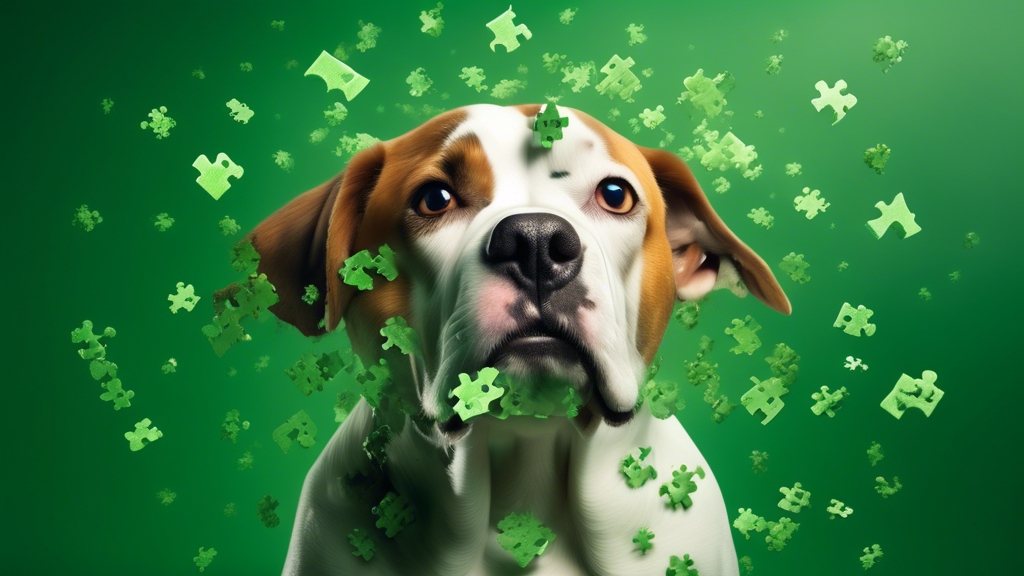

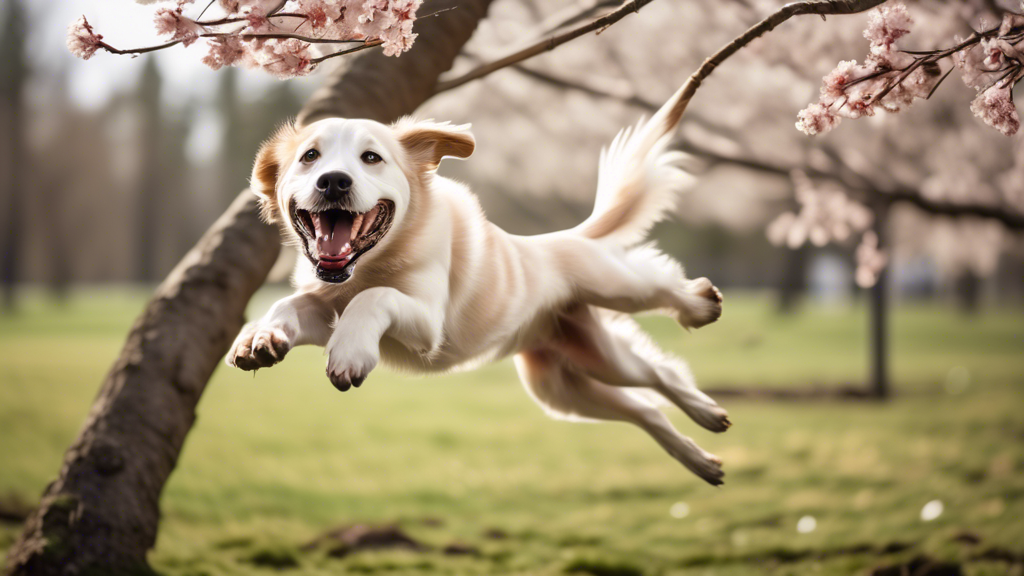

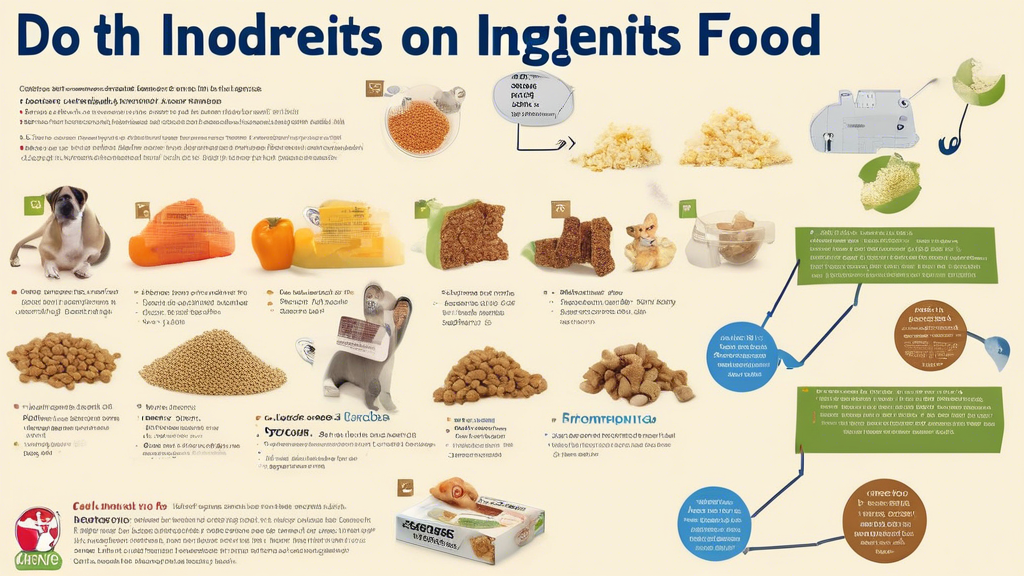
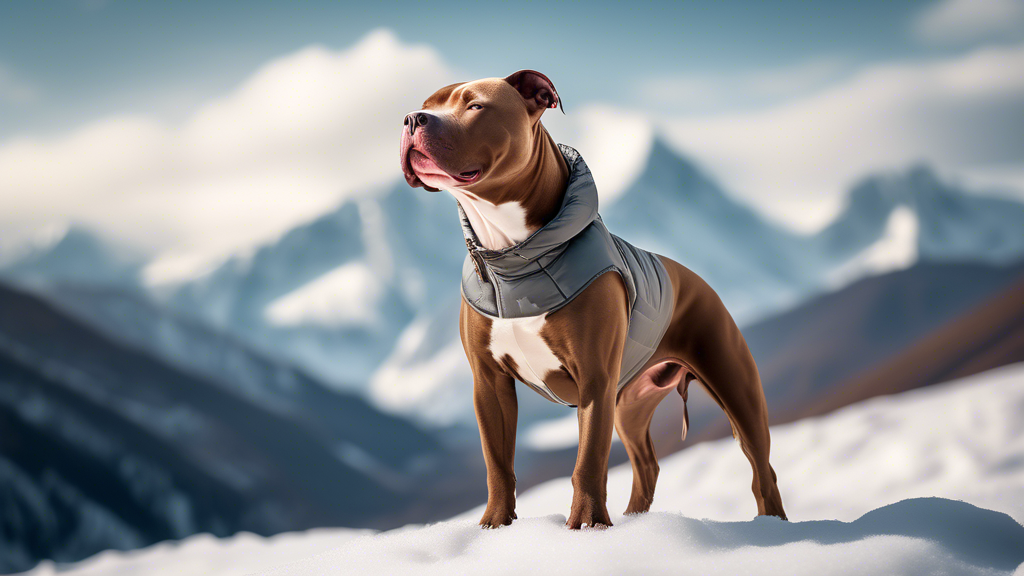
Leave A Comment